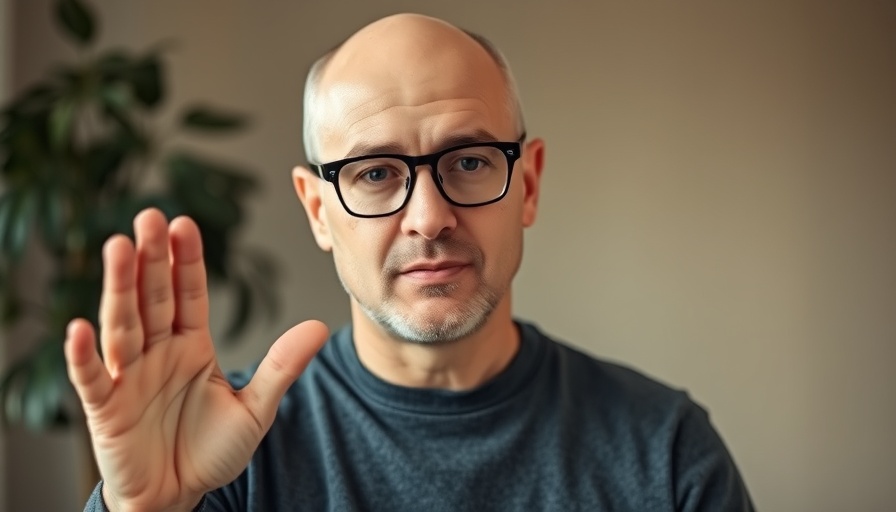
Understanding the Intangible Connection: Golf and Mental Well-Being
The game of golf is often perceived as a leisurely sport, yet its impact extends far beyond the physical realm. While players swing their clubs across vast green courses, they are also engaging a complex interplay of emotions, mental states, and physical integrity. For many, golf provides a restorative escape from daily stressors, but it can also become a source of physical strain and mental anguish. This dual nature of golf prompts a vital discussion around how individuals—particularly parents—can utilize a more holistic approach to maintain their health and happiness while playing.
The Physical Toll of Golf: Health Challenges and Strategies
Golf may appear low-impact, yet the repetitive motions can contribute to various injuries, especially in the back, shoulders, and wrists. Research points to the significant volume of golfers experiencing pain due to improper posture or techniques. Engaging with experts in complementary and alternative medicine, such as chiropractors and physical therapists, can provide parents guidance on injury prevention and rehabilitation strategies. Emphasizing proper posture—an essential element of the Alexander Technique—helps players avoid unnecessary strain, ensuring they enjoy the game longer without discomfort.
Psychological Elements: Stress Relief and Considerations
Engaging in sports like golf can significantly lower stress levels, a vital factor for parents managing the chaos of family life. The connection to nature and physical activity improves mood and cognitive function. Mind-body therapies like meditation and energy healing can further enhance this experience, allowing players to cultivate mindfulness on the course. Understanding and harnessing the psychological benefits of golf is key for parents seeking a joyful escape that also supports mental health.
Complementary Healing Approaches: A Holistic Toolbox
Alongside conventional strategies, parents might explore holistic remedies for better health outcomes. Traditional methods, such as herbal medicine and the use of therapeutic remedies like acupuncture or reflexology, have shown promise in managing pain and stress. For instance, homeopathic treatments or the use of essential oils can offer relief from golfing-induced strains while also enhancing overall well-being. Emphasizing herbal supplements and remedies allows players to harness the natural world, aligning their physical activity with a deeper connection to holistic healing.
Practical Tips: Integrating Wellness Into Golf
Parents eager to integrate health and wellness into their golfing lifestyle can follow several practical tips. Establishing a pre-game stretching routine prepares muscles for the physical demands of the game, potentially preventing injuries. Additionally, focused breathing techniques can enhance concentration during play, yielding not just physical benefits but nurturing a calmer mental state.
Future Insights: The Growing Need for Integrative Approaches
As interest in holistic approaches to health continues to grow, the golf community may begin to adopt more integrative practices. Embracing options such as naturopathy or spiritual healing practices can provide a roadmap to a more balanced lifestyle, especially for families seeking comprehensive approaches to their well-being. The possibility of golf integrating more into wellness trends is not just an opportunity for change but a necessity as global health awareness expands.
This analysis of the intricate relationship between golf, mental health, and physical well-being showcases the importance of a holistic approach. Parents who prioritize their health while engaging in recreational activities like golf can impart lasting benefits to their families, promoting overall happiness and longevity. By understanding the physical challenges and opportunities for holistic healing, golfers can consciously embrace a more fulfilling relationship with the game.
 Add Row
Add Row  Add
Add 




Write A Comment